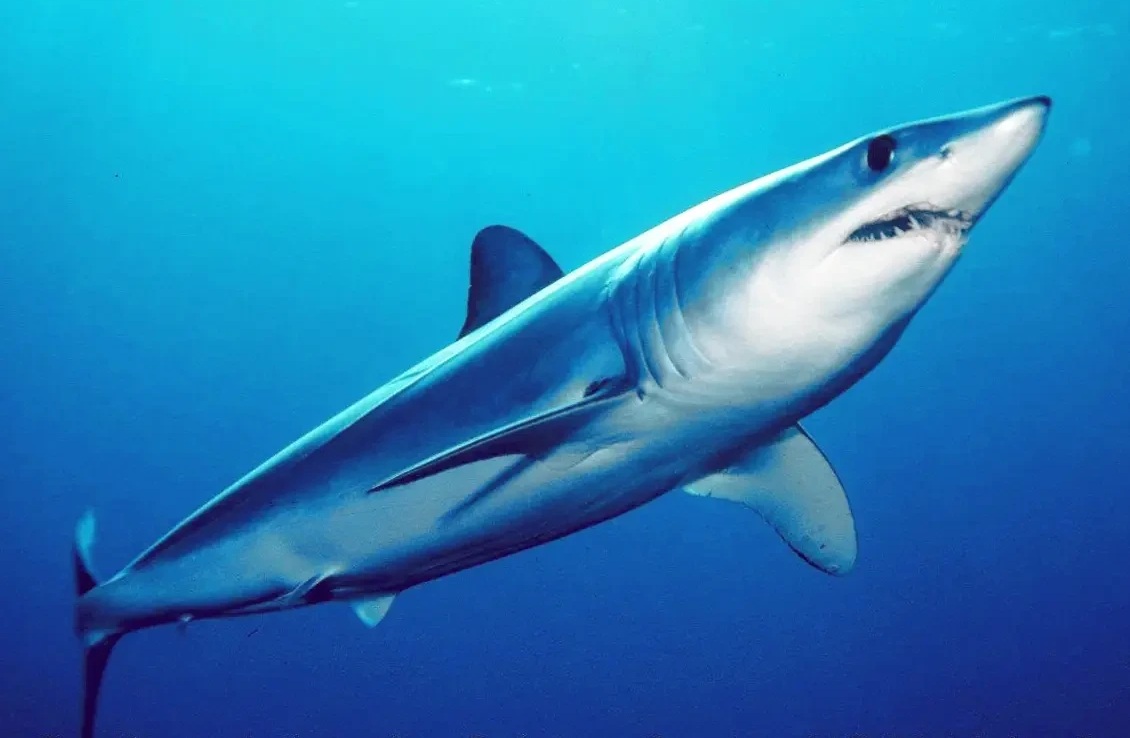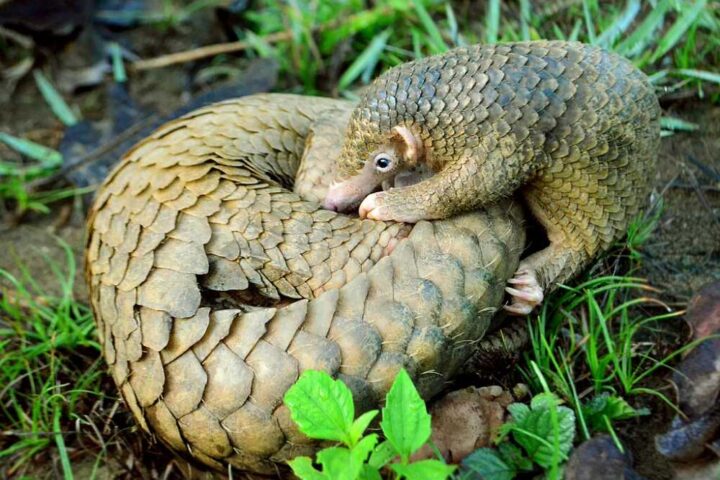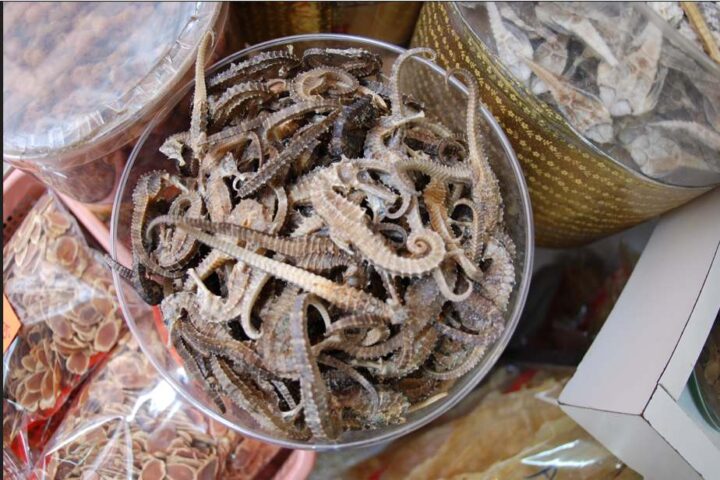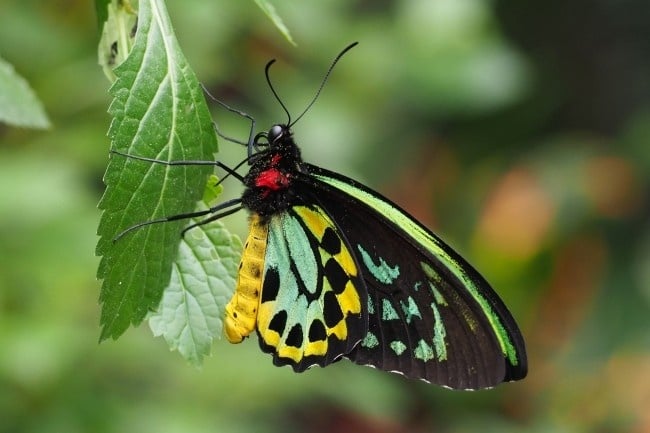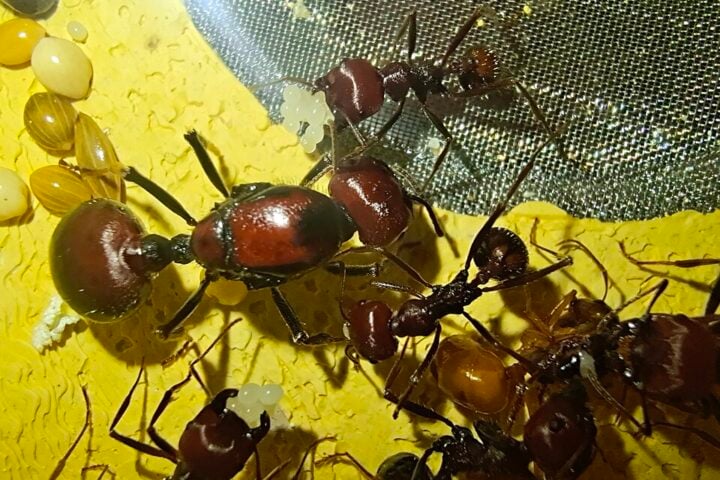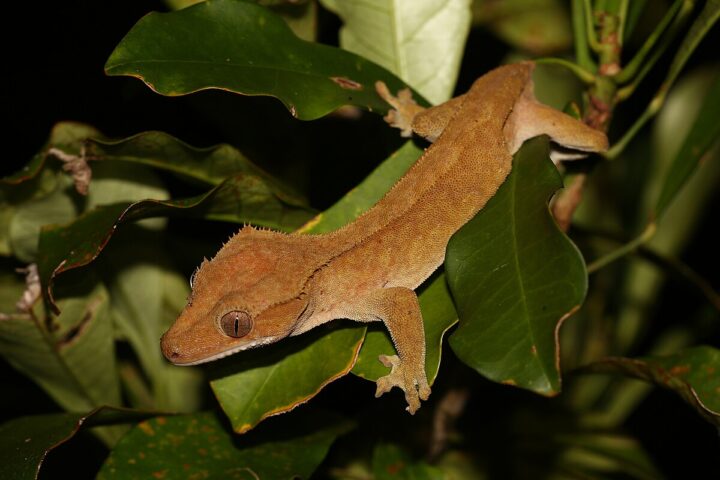Endangered sharks are dying at alarming rates in the Pacific Ocean, with industrial fishing vessels catching them as “bycatch” – unintended catches while targeting other fish. Greenpeace recently exposed this crisis by directly confronting a Spanish fishing vessel north of New Zealand.
Activists aboard Greenpeace’s Rainbow Warrior ship watched as the Spanish vessel Playa Zahara hauled in and killed three endangered mako sharks in just 30 minutes. The Greenpeace team, including a trained shark handler, managed to free 14 animals caught on the vessel’s lines – eight near-threatened blue sharks, four swordfish, and an endangered longfin mako shark.
“It was devastating seeing these beautiful creatures being caught, often on their gills, in their mouth, by huge baited hooks,” said Georgia Whitaker, a senior campaigner with Greenpeace Australia Pacific. “They were fighting for their lives, and then minutes later, you’d see blood spilling over the side of the boat.”
During the confrontation, Greenpeace activists removed over 210 hooks and cut 20 kilometers (about 12.4 miles) of fishing line from the water.
Similar Posts:
The Spanish vessel’s crew told Greenpeace they were acting legally and primarily targeting swordfish. Patricia Rodríguez, spokesperson for Viverdreams Fish, the company owning Playa Zahara, confirmed in a statement that capturing species like mako and blue sharks is allowed within certain quotas.
European Union reports show the Playa Zahara caught more than 600,000 kilograms (1.3 million pounds) of blue shark in 2023 in the Pacific Southwest alone.
The shark crisis extends far beyond this single vessel. Greenpeace analysis estimates that almost half a million blue sharks were caught as bycatch in the Pacific Ocean last year – the highest number recorded since 1991. Blue sharks now make up 80-90% of all shark catches across the Western and Central Pacific over the past nine years.
The situation is grim for sharks worldwide. More than two-thirds of all shark species are now endangered, with a third at risk of extinction due to overfishing, according to the International Union for Conservation of Nature.

Dr. Leonardo Guida, a shark scientist with the Australian Marine Conservation Society, warns that losing sharks threatens entire ocean ecosystems. “Sharks are important in the ecosystem, they typically occupy the top of marine food webs,” he said. “Steep population declines will cause food webs to potentially become unstable and ultimately collapse, there is a clear impact their loss could have on food security for a lot of nations.”
Conservation groups are pushing for stronger protections. Greenpeace urges governments to ratify the Global Ocean Treaty, which aims to protect 30% of the world’s oceans by 2030. They’re also calling for the creation of marine protected areas where fishing is banned, allowing shark populations to recover.
World leaders will discuss ocean protection at the upcoming UN Ocean Conference in Nice, France, offering a crucial opportunity to address the shark bycatch crisis before it’s too late.
